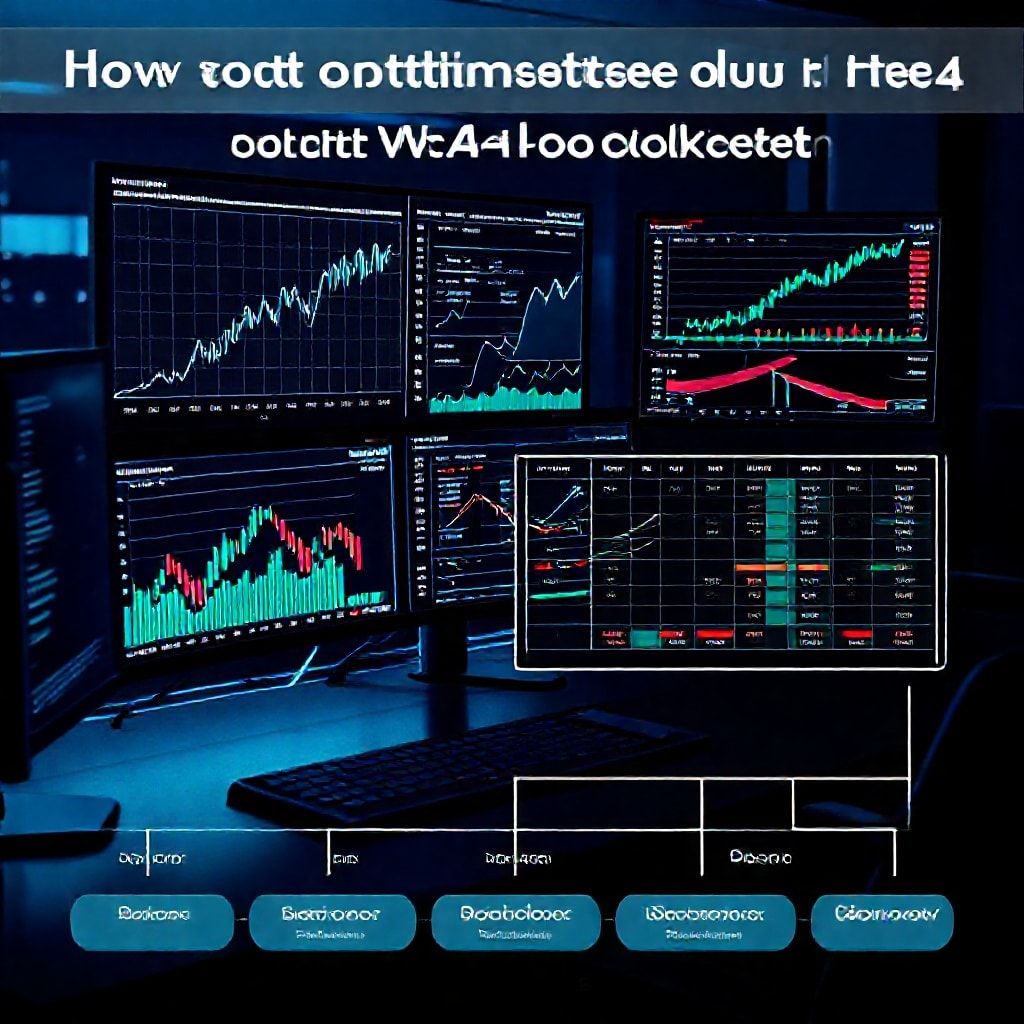How to optimize strategies during MT4 backtests?
How to Optimize Strategies During MT4 Backtests?
Intro: Backtesting on MT4 feels like peering into a crystal ball—you see trends, you test ideas, and you get quiet confidence about what might work. Yet a reliable backtest isn’t a prophecy; it’s a compass. The goal is to separate real-edge ideas from curve-fitting fantasies, then translate those insights into cautious, repeatable trading plans that can weather real-market noise.

Backtest foundations
- Data quality matters: tick data vs. generated bars can change results. Validate data integrity, gaps, and rollover effects before you trust a result.
- Timeframe discipline: a strategy that shines on one horizon may flop on another. Use multiple periods and out-of-sample tests to gauge robustness.
- Avoid overfitting: if you chase perfect equity curves, you’re likely training for a past that won’t repeat. Favor simplicity and a clear, verifiable edge.
Optimization techniques that actually matter
- Parameter ranges with reason: explore sane bands rather than endless sweeps. Small, incremental tweaks often beat massive, brittle optimizations.
- Walk-forward testing: calibrate on one window, then validate on a nearby future window. It mimics real-world adaptation and guards against curve-fitting.
- Stress tests and robustness checks: vary spread, slippage, and commission; see how sensitive performance is to everyday frictions.
- Out-of-sample discipline: reserve a chunk of data you don’t touch during optimization. If results persist, that’s a stronger signal.
Multi-asset considerations
- Forex, stocks, crypto, indices, options, commodities—each has its own liquidity, volatility, and data quirks. In FX, tight spreads matter; in crypto, price gaps can be wider; options need volatility surfaces; commodities bring seasonal cycles. Build a testing mindset that accounts for these realities rather than assuming one-size-fits-all rules.
- Data granularity matters: high-frequency data can reveal micro-structure noise, while daily data emphasizes trend robustness. Align your backtest with your actual trading frequency.
- Slippage and liquidity modeling: simulate realistic slippage in volatile moments. A great backtest punishes over-optimistic execution assumptions and saves you from later surprises.
Reliability and risk management
- Risk controls first: max drawdown, per-trade risk, and position-sizing rules should survive walk-forward scrutiny.
- Leverage cautions: backtests can tempt you with outsized returns only if you push leverage. Mirror real-world limits and include margin considerations.
- Documentation and versioning: track data sources, code changes, and parameter decisions so findings aren’t lost in a chorus of “what ifs.”
DeFi, smart contracts, and AI-driven trends
- Web3 finance is expanding beyond traditional venues. DeFi brings liquidity pools, algorithmic lending, and cross-chain pricing, but security, oracle reliability, and regulatory clarity remain hurdles.
- Smart contract trading and AI: automated settlement, on-chain risk checks, and AI-driven signal processing are converging. Expect more hybrid setups where MT4-style backtests inform off-chain AI models and on-chain execution layers.
- Practical punchline: the strongest setups blend solid backtest discipline with cautious, auditable on-chain or broker-compatible execution, keeping humans in the loop for risk oversight.
Promotional slogans to keep in mind
- Backtest smart, trade steady. Build confidence without chasing perfection.
- From data to decision: robust testing, actionable strategies.
- Weather the market’s shifts with proven robustness, not just pretty curves.
Future outlook
- The trend toward cross-asset testing, enhanced data governance, and AI-assisted signal validation points to more resilient strategies. Expect tighter integration between MT4-like environments and Web3 tooling, with stronger emphasis on security, transparency, and risk controls.
- In the end, the most valuable backtests translate into real-world discipline: clear rules, sensible limits, and a bias for robust, repeatable performance over shiny but brittle gains.
YOU MAY ALSO LIKE




